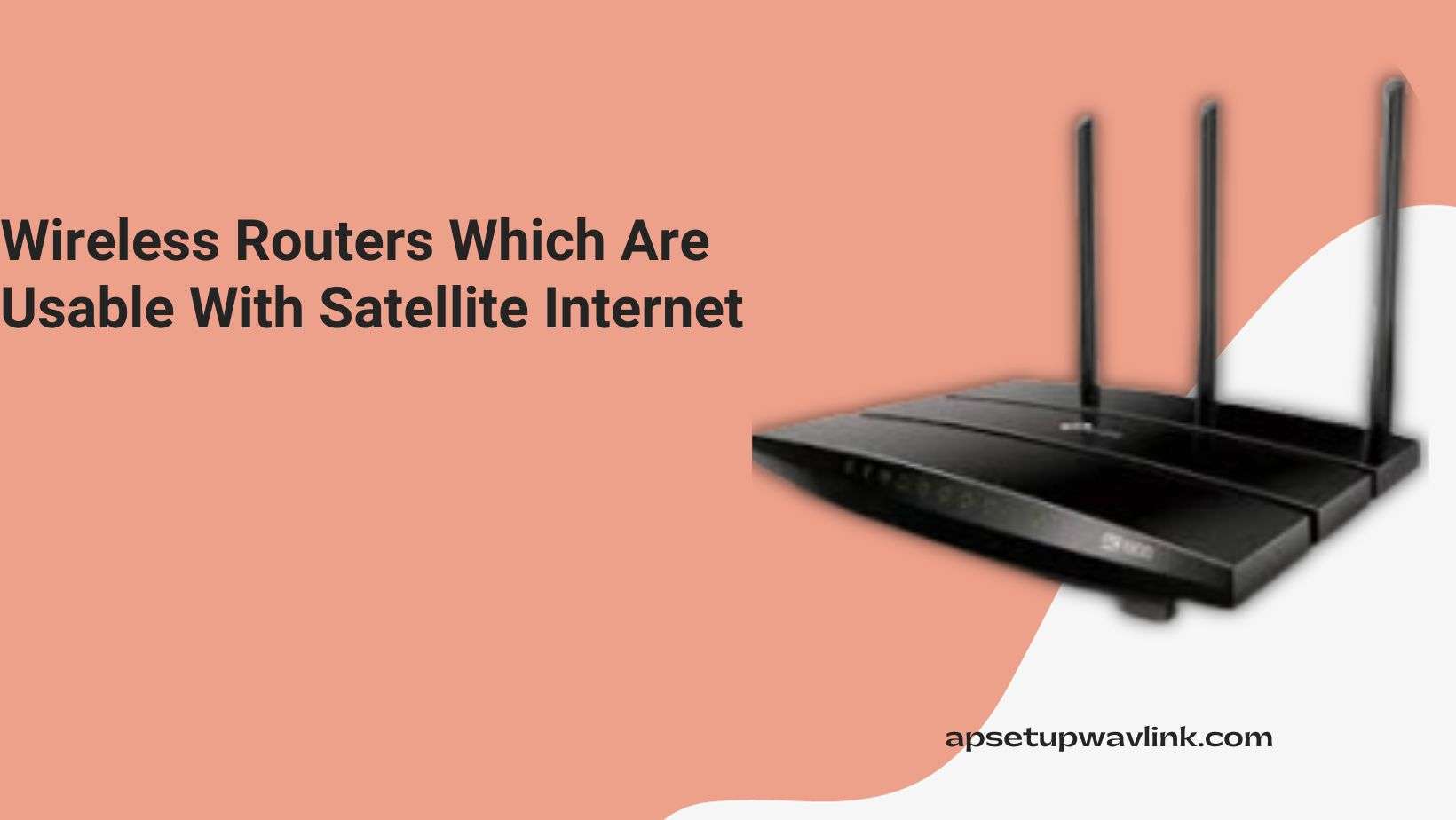In the realm of satellite internet, the selection of an appropriate wireless router is paramount for optimal connectivity. Rural and remote areas often face challenges in accessing high-speed internet, making satellite solutions crucial. Choosing wireless routers compatible with satellite internet is essential to harness the full potential of this technology, ensuring reliable signal transmission from geostationary satellites. A well-suited router enhances the overall performance and accessibility of internet services in areas where traditional connectivity is limited. When considering wireless routers usable with satellite internet, compatibility becomes a key factor in ensuring seamless and reliable connectivity.
Understanding Satellite Internet and Its Implications for Router Selection
Satellite internet, unlike cable or fiber-optic internet, operates by transmitting data signals to and from satellites orbiting the Earth. This unique transmission method introduces latency, or lag time, which can affect online activities such as gaming, video conferencing, and real-time streaming.
When choosing a wireless router usable with satellite internet, it’s essential to consider the inherent latency of satellite connections. Routers with features like Quality of Service (QoS) can prioritize latency-sensitive traffic, ensuring a smoother online experience.
Top-Tier Wireless Routers for Optimized Satellite Internet Performance
- TP-Link Archer AXE75: This tri-band Wi-Fi 6E router boasts exceptional speed and coverage, ideal for homes with multiple devices. Its advanced features, including QoS and beamforming, optimize performance wireless routers usable with satellite internet connections.
- ASUS RT-AX3000: This dual-band Wi-Fi 6 router offers a balance of performance and affordability. Its AiMesh compatibility allows for seamless expansion of Wi-Fi coverage, catering to larger homes or those with connectivity dead zones.
- Linksys MR9610: This mesh Wi-Fi 6 router system provides blanket coverage throughout the home, eliminating dead zones and ensuring consistent connectivity. Its advanced features, such as dynamic backhaul and adaptive routing, optimize performance wireless routers usable with for satellite internet.
- Google Nest WiFi: This stylish and user-friendly mesh Wi-Fi system offers easy setup and management. Its adaptive channels and dynamic backhaul features ensure seamless connectivity, making it a great choice for satellite internet users.
- TP-Link Archer AX21: This budget-friendly Wi-Fi 6 router provides solid performance at an affordable price. Its QoS and beamforming features enhance the performance of satellite internet connections.
These top-tier routers offer a range of features that optimize wireless routers usable with satellite internet performance, ensuring a smoother and more reliable online experience.
Factors to Consider When Selecting a Router for Satellite Internet
- Wi-Fi Standard: Choose a router that supports the latest Wi-Fi standards, such as Wi-Fi 6 or Wi-Fi 6E, for enhanced speed and range.
- Number of Bands: Consider a dual-band or tri-band router to handle multiple devices and demanding applications simultaneously.
- Coverage: Select a router with sufficient coverage to reach all areas of your home, eliminating dead zones.
- QoS: Prioritize routers with Quality of Service (QoS) features to optimize performance for latency-sensitive applications.
- Beamforming: Choose a router with beamforming technology to direct Wi-Fi signals towards connected devices, improving signal strength.
- Ease of Use: Opt for a router with a user-friendly interface for easy setup and management.
- Price: Set a budget and select a router that offers the best combination of features and value within your price range.
Additional Tips for Enhancing Satellite Internet Performance
- Router Placement: Position the router centrally in your home to maximize signal coverage.
- Antenna Adjustment: Adjust the router’s antennas to optimize signal strength in specific areas.
- Firmware Updates: Keep your router’s firmware updated to ensure optimal performance and security.
- Reduce Interference: Minimize interference from other electronic devices by placing the router away from them.
- Contact Your Satellite Internet Provider: Consult your provider for specific recommendations on router compatibility and optimization.
ALSO READ-
Victony WA305 Extender Setup
WEBJD Wireless Extender Setup
Coredy e300 Wifi Range Extender Setup
Generic Wifi Extender Setup
Setup A WiFi Router Without A Computer
Best Email Tracking Software: Free and Paid
Wavlink AC600 extender setup
Conclusion
Choosing the right wireless router can significantly enhance the performance of satellite internet, providing a more reliable and enjoyable online experience. By considering the factors mentioned above and following the additional tips, you can make an informed decision that best suits your needs and budget. Embrace the power of wireless routers usable with satellite internet and unlock the potential for seamless connectivity in your home.
FAQ:
